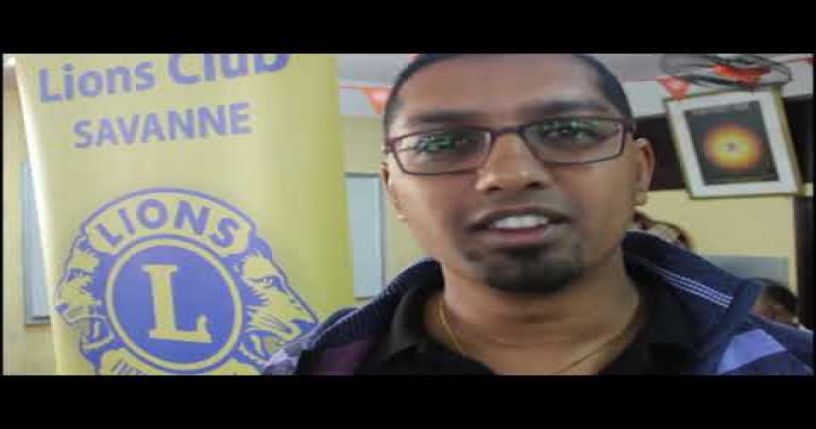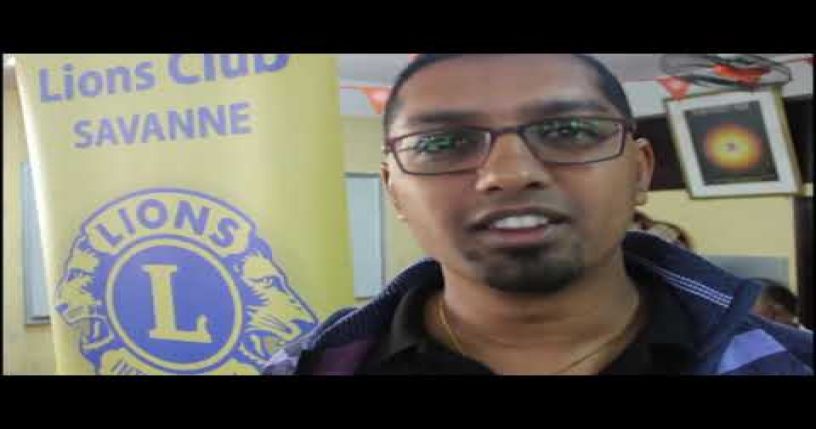Morisien A Nou Konn to Drwa- CrowdFunding
Morisien A Nou Konn to Drwa
Surveys have found that most people have only a limited understanding of human rights. The Universal Declaration of Human Rights contains the thirty rights that together form the basis of a civilization wherein all people can enjoy the freedoms to which they are entitled, and nations can coexist in peace. Being the official representative of Youth for Human Rights international- Mauritius Chapter. Its purpose is to provide human rights educational resources and activities that inform, assist and unite individuals, educators, organizations, and governmental bodies in the dissemination and adoption of the Universal Declaration of Human Rights at every level of society.
|
Education for human rights means understanding and embracing the principles of human equality and dignity and the commitment to respect and protect the rights of all people. It has little to do with what we know; the "test" for this kind of learning is how we act. |
This more personal objective includes values clarification, attitude change, development of solidarity, and the skills for advocacy and action, such as analyzing situations in human rights terms and strategizing appropriate responses to injustice. Only a few people may become full-time activists, but everyone needs to know that human rights can be promoted and defended on an individual, collective, and institutional level and be taught to practice human rights principles in his or her daily lives. And everyone needs to understand that human rights are linked with responsibilities: to observe human rights principles in one's own life and to defend and respect the rights of others.
In this new field, the goals and the content needed to meet these goals are under continual and generally creative debate. Among the goals that motivate most human rights educators are —
- developing critical analysis of their life situation;
- changing attitudes;
- changing behaviors;
- clarifying values;
- developing solidarity;
- analyzing situations in human rights terms;
- strategizing and implementing appropriate responses to injustice.
Who Needs Human Rights Education?
Human rights should be part of everyone’s education. However, certain groups have a particular need for human rights education: some because they are especially vulnerable to human rights abuses, others because they hold official positions and upholding human rights is their responsibility, still others because of their ability to influence and educate. Among these groups are the following:
Administrators of Justice:
- law enforcement personnel, including police and security forces
- prison officials
- lawyers, judges, and prosecutors
Other Government and Legislative Officials:
- members of the legislature
- public officials, elected and appointed
- members of the military
Other Professionals:
- educators
- social workers
- health professionals
- journalists and media representatives
Organizations, Associations, and Groups
- women’s organizations
- community activists and civic leaders
- minority groups
- members of the business community
- trade unionists
- indigenous peoples
- religious leaders and others with a special interest in social justice issues
- children and youth
- students at all levels of education
- refugees and displaced persons
- people of all sexual orientations
- poor people, whether in cities or rural areas
- people with disabilities
- migrant workers
Latest Update
- developing critical analysis of their life situation;
- changing attitudes;
- changing behaviors;
- clarifying values;
- developing solidarity;
- analyzing situations in human rights terms;
- strategizing and implementing appropriate responses to injustice.
- law enforcement personnel, including police and security forces
- prison officials
- lawyers, judges, and prosecutors
- members of the legislature
- public officials, elected and appointed
- members of the military
- educators
- social workers
- health professionals
- journalists and media representatives
- women’s organizations
- community activists and civic leaders
- minority groups
- members of the business community
- trade unionists
- indigenous peoples
- religious leaders and others with a special interest in social justice issues
- children and youth
- students at all levels of education
- refugees and displaced persons
- people of all sexual orientations
- poor people, whether in cities or rural areas
- people with disabilities
- migrant workers
Description
Surveys have found that most people have only a limited understanding of human rights. The Universal Declaration of Human Rights contains the thirty rights that together form the basis of a civilization wherein all people can enjoy the freedoms to which they are entitled, and nations can coexist in peace. Being the official representative of Youth for Human Rights international- Mauritius Chapter. Its purpose is to provide human rights educational resources and activities that inform, assist and unite individuals, educators, organizations, and governmental bodies in the dissemination and adoption of the Universal Declaration of Human Rights at every level of society.
|
Education for human rights means understanding and embracing the principles of human equality and dignity and the commitment to respect and protect the rights of all people. It has little to do with what we know; the "test" for this kind of learning is how we act. |
This more personal objective includes values clarification, attitude change, development of solidarity, and the skills for advocacy and action, such as analyzing situations in human rights terms and strategizing appropriate responses to injustice. Only a few people may become full-time activists, but everyone needs to know that human rights can be promoted and defended on an individual, collective, and institutional level and be taught to practice human rights principles in his or her daily lives. And everyone needs to understand that human rights are linked with responsibilities: to observe human rights principles in one's own life and to defend and respect the rights of others.
In this new field, the goals and the content needed to meet these goals are under continual and generally creative debate. Among the goals that motivate most human rights educators are —
Who Needs Human Rights Education?
Human rights should be part of everyone’s education. However, certain groups have a particular need for human rights education: some because they are especially vulnerable to human rights abuses, others because they hold official positions and upholding human rights is their responsibility, still others because of their ability to influence and educate. Among these groups are the following:
Administrators of Justice:
Other Government and Legislative Officials:
Other Professionals:
Organizations, Associations, and Groups
Documents
Updates
Latest Update
Comments
Comments





Comments